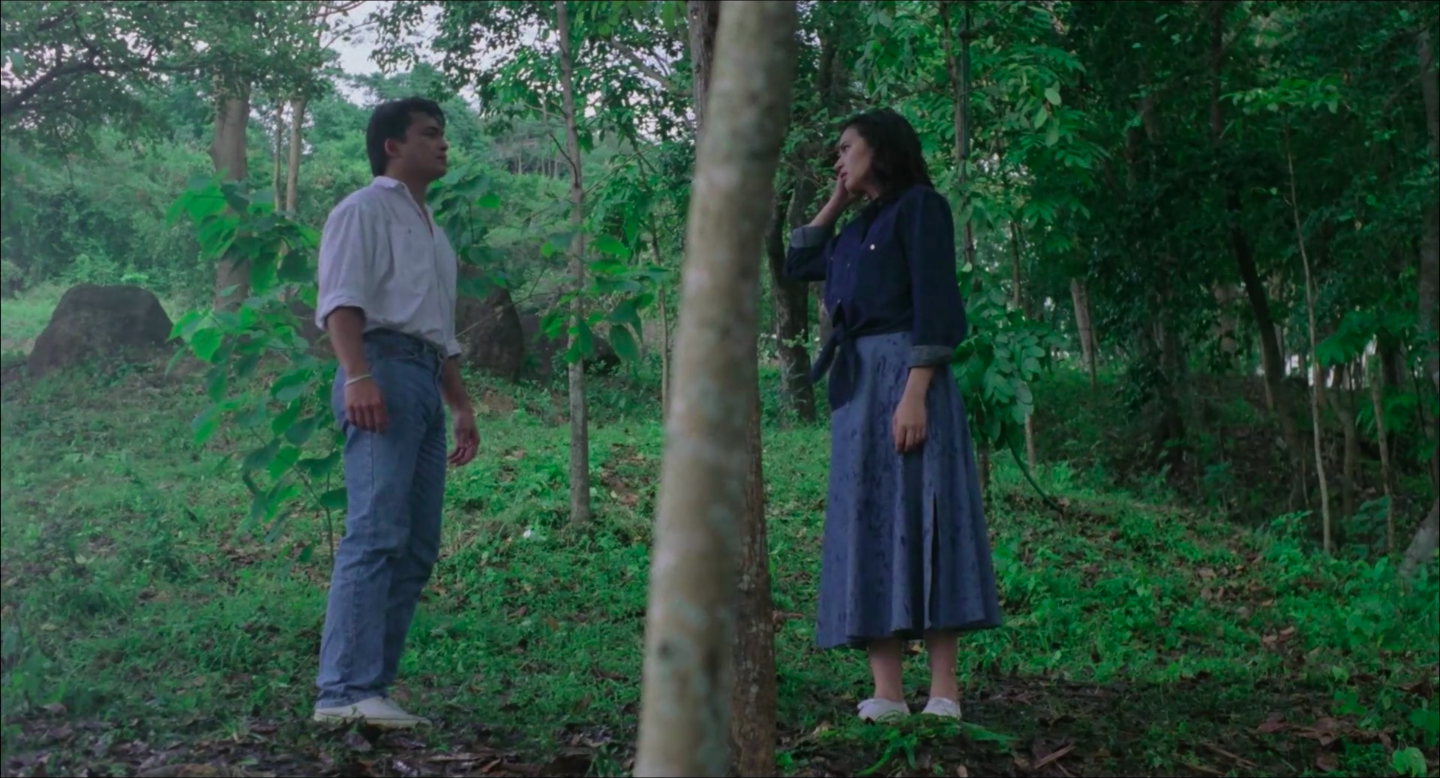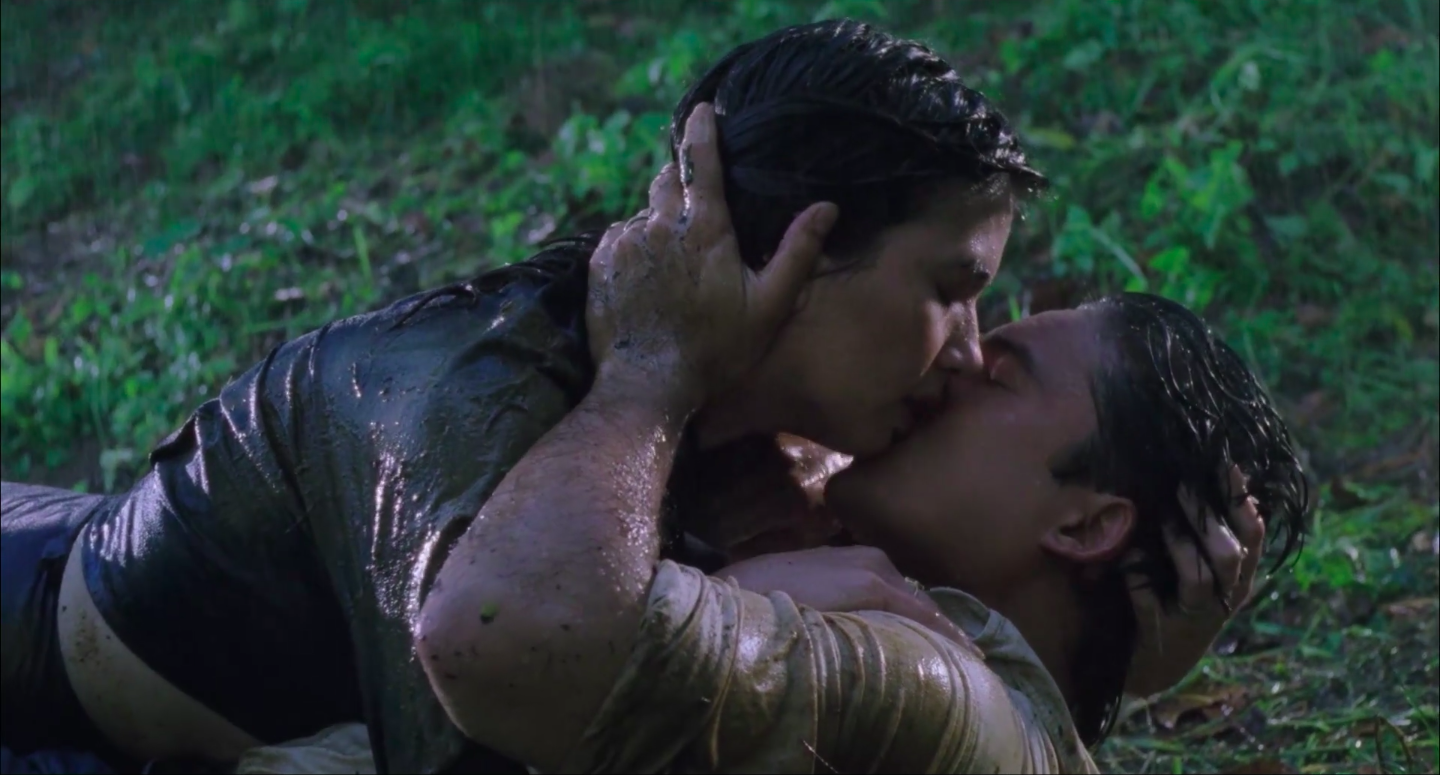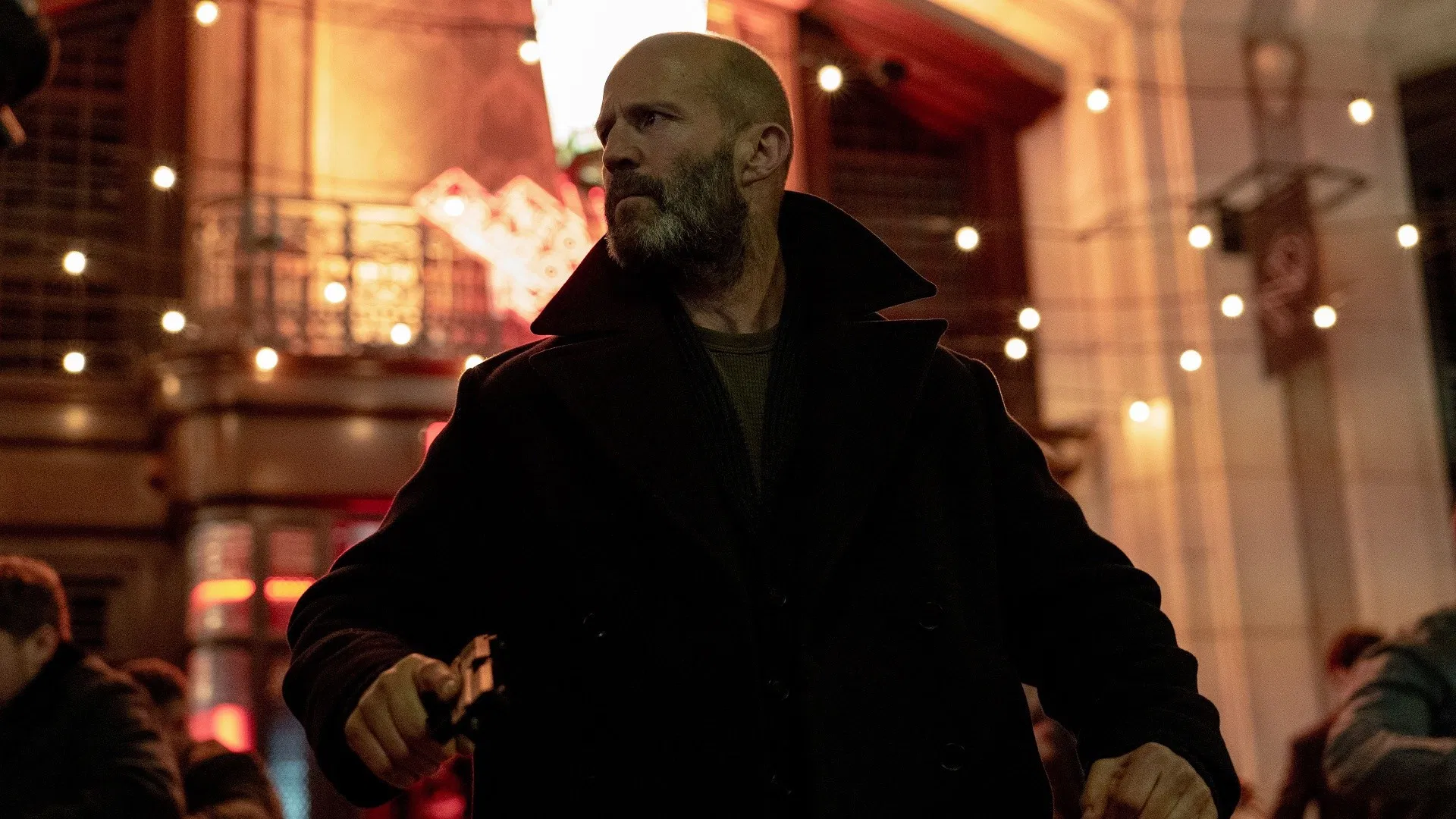‘Minsan Lang Kitang Iibigin’ REVIEW: A glorious, confused mess
‘Minsan Lang Kitang Iibigin’ REVIEW: A glorious, confused mess
Terry (Maricel Soriano), Dave (Gabby Concepcion), and Monique (Zsa Zsa Padilla), locked in an embrace.
This review contains spoilers for Minsan Lang Kitang Iibigin.
If great movies are hard to find, it’s because great movies are hard to define. The question of what constitutes ‘quality’ in cinema has long haunted film criticism, and it’s one that’s bound to bug you during the gloriously intense yet thematically confused Minsan Lang Kitang Iibigin. Set against a heavy-handed narrative stuffed with overexploited querida tropes, it has all the makings of a terrible film. However, the masterful intensity poured into its individual scenes pack punches that simply work, affording this 1994 Maricel Soriano-Chito Roño-Ricky Lee vehicle its well-deserved status as a camp classic.
As is the case in querida movies, Minsan Lang Kitang Iibigin is first and foremost a story of jealousy, this time revolving around two close-knit couples. The first pair— corporate vice president Alex (Mat Ranillo III) and TV host Monique (Zsa Zsa Padilla)— are at the peak of their careers, while the second couple— Alex’s lesser half Dave (Gabby Concepcion) and the fickle Terry (Maricel Soriano)—lags behind them. Although these couples share a palpable love for one another, during quiet moments, the camera glides to capture Terry’s eyes: always flickering from joy to restlessness to anger, revealing a tension that rumbles, at first, beneath the foursome’s exterior before it inevitably floats to the surface after Alex is killed during a car holdup. The incident changes everything for the three: Dave is tapped to take over the vice presidency, much to his guilt and Terry’s delight. Caught in his grief along with his frustrations over Terry’s ambition and possessiveness, Dave shifts his attention to Monique, and the two strike up an affair that later drives a wedge (or in this case, a knife) into the two women’s friendship.
Terry, Dave, and Monique, framed in a glass mirror.
Screenwriter Ricky Lee attempts to inject some depth into his script by framing jealousy as the result of codependency, especially on the part of Terry. At some point, when she’s falsely led to believe that Dave has rekindled an affair with an ex-girlfriend, she confesses to Monique,
Wala akong ibang mapupuntuhan. [Si Dave] nalang ang lahat-lahat sa akin. [I don’t have anyone else but Dave. He’s everything to me.]
Although it’s an interesting move to pull off for a mainstream film, there are two ways in which it fails.
For one, Lee pins the reason for Terry’s codependency on mental illness brought about by a childhood of sexual abuse. It’s astonishing to see a 90s Filipino commercial film touch on such sensitive issues, but unfortunately, they’re never handled with much care. Terry’s past is never explored in depth; it’s only mentioned in two scenes, turning her mental illness into a convenient excuse for the film to take a sensationalist turn.
Another reason the narrative falls apart is because Lee fails to recognize that it isn’t only Terry who’s plagued by codependency; so are Dave and Monique. Even if he was able to recognize it, he doesn’t satisfyingly resolve the two’s inner conflicts, which lends the film’s ending a feeling that it isn’t quite earned. This particularly goes for Dave who is easily the film’s flimsiest character. He is never held accountable for his actions, and the sense of responsibility he suddenly develops for Terry towards the end feels out-of-place. Ironically, this turn of events defeats the film’s intentions of humanizing those involved in infidelity; the characters feel like wilder caricatures of their archetypes, and it perpetuates the notion that men should be excluded from accountability when they cheat on women.
Where the film redeems itself, though, is in its individual scenes. Although the broad plot feels quite flawed, Lee’s genius nonetheless shines when he feeds his characters with side-splitting wit (When Monique’s prostitute interviewee is handed a microphone, she quips,
Di naman ako marunong humawak ng mikroponong walang ugat. [I don’t know how to hold a microphone that doesn’t have veins.]).
And fortunately for him too, his lead actresses suit their characters well. Soriano, the queen of unhinged performances, captures Terry to a tee. She ruptures and simmers with equal grace, keeping the tension alive even when the film strays into ridiculous territory. Padilla, for her part, isn’t quite as talented, since she can only contort her face into two expressions: one of vague distress or one of vague happiness. Thankfully, those are the only emotions required of her.
Dave and Monique, separated by a tree trunk.
Complementing their performances is Chito Roño’s keen eye for dramatic compositions. At the beginning of Dave and Monique’s affair, for example, when the latter is still hesitant to involve herself in infidelity, Roño uses a thin tree trunk to physically separate the two before Dave ultimately runs over to Monique’s side, symbolizing her surrender. The consummation of their affair is also rife with visual metaphors. Their love scene takes place on the mud during a heavy downpour, painting the locking of their lips as some form of catharsis that’s nonetheless tainted by sin.
The mud-stained Dave and Monique consummating their affair amidst a downpour.
Roño also makes the great choice of filming the narrative almost like a horror movie. Terry’s outbursts are unpredictable, and the way they’re punctuated by a whale call-like score imbues the film with an unmistakable sense of foreboding. Even in between these scenes, Terry’s nonchalance in dropping heartless remarks
Makakapatay ako. [I could kill someone.]
makes great build-up for the film’s iconic climax, whose outrageous (and frankly, absurd) twist solidifies the film’s position as a camp masterpiece.
All in all, the movie’s sensationalist plot may be off-putting, but the way the film reaches What Ever Happened to Baby Jane-like levels of excess is a sight to behold. For all its flaws, Minsan Lang Kitang Iibigin is real proof of the unpredictable alchemy of movies.

















